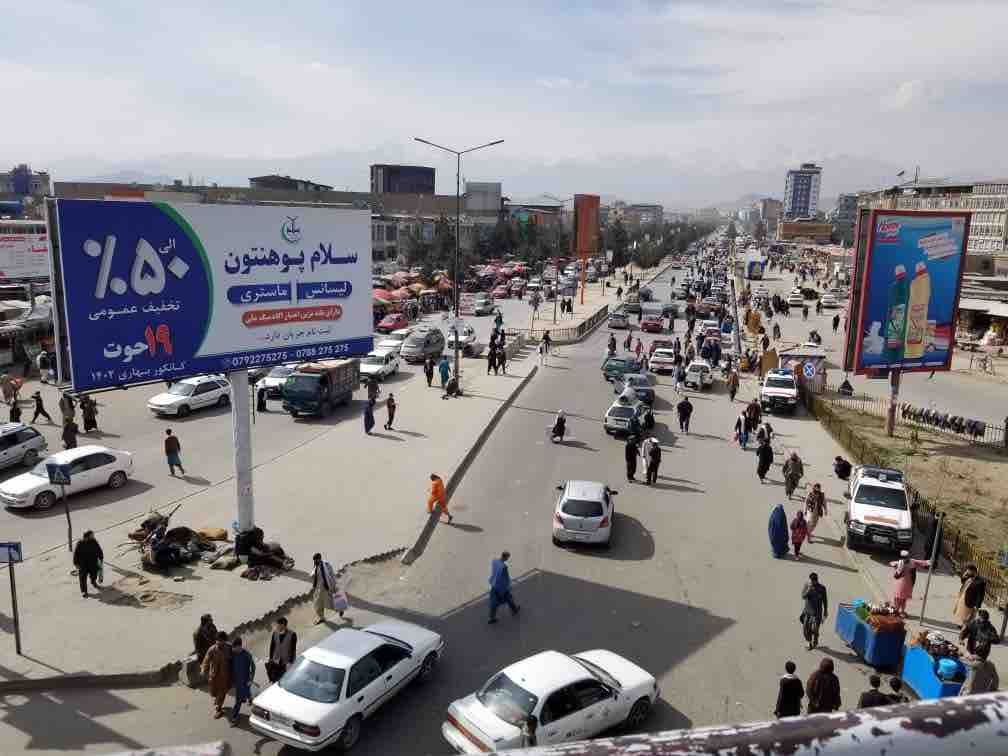Afghanistan’s Brain Drain: Educated Elite Flee Taliban Rule

By Ilhamuddin Afghan
The Taliban’s resurgence in Afghanistan has triggered a significant exodus of its citizens, with many seeking safety and opportunity beyond the country’s volatile borders. This trend has accelerated in recent months, driven by policies that disproportionately impact educated Afghans, particularly women.
A particularly concerning development is the Taliban’s decision to drastically reduce the salaries of all female government employees to a meagre 5,000 Afghanis (approximately USD 70). This policy effectively marginalizes women and severs their economic independence. The move has drawn widespread condemnation, highlighting the ongoing challenges faced by Afghan women under Taliban rule.
University faculty and research personnel are among those most affected by these measures.
“We have been forced to stay at home. This is causing me emotional distress every day. Reducing salaries is oppression. Most women are supporters of their families; what will they do with 5,000 Afghanis? and what problems will this amount solve?” said a Kabul University female professor who is now forced to stay home.
According to her, if this decision is implemented, she will face significant economic problems. Her husband has passed away, she does not own a house in Kabul, and she is responsible for all her children’s expenses. A salary of 5,000 Afghanis will be insufficient. She says that such measures will force her and many other female workers, whose salaries are relatively high, to leave the country.
The Taliban continues to pay some female government employees, even though they are barred from returning to their workplaces and are forced to work remotely. Women, who make up half of every society, play a major role in economic development. In Afghanistan, devastated by decades of war, many men have been killed, leaving women responsible for their families.
Whether working in the government, in non-governmental organizations, or running their own businesses, many women are the primary breadwinners for their families. Such policies will severely harm their lives and livelihoods.
A female university lecturer from Nangarhar University, who holds a high academic rank but wishes to remain anonymous hoped the ban would be lifted one day.
“We are now sitting in our homes like prisoners, unable to use our knowledge and experience. This situation has created significant obstacles for us. Despite this, we still hope that one day these restrictions will be lifted, allowing us to stand before our students and teach.” she said.
“The current measures present another major problem for the future of this country. The Taliban aim to force the educated people of the country to leave. I don’t see my future in Afghanistan.” she added.
The Taliban’s restrictive measures against women have exacerbated economic woes and deepened poverty across Afghanistan.
Mohammad Ayaz Bari, a Kabul-based analyst, lamented, “Such actions by the Taliban indicate that hopes for education in Afghanistan are effectively dead.”
“Many people were forced to migrate due to security, economic, and other issues, but a significant number also left to ensure their children, especially girls, could receive an education,” he said.
The exodus of academic staff and educated professionals, both domestically and internationally trained, threatens the future of Afghanistan’s education system. Over the past three years, numerous professors, economists, and young graduates have left the country, fearing for their safety and future prospects.
As Afghanistan faces an uncertain future under Taliban rule, the departure of its educated workforce raises critical questions about the country’s development trajectory. Analysts warn that unless these trends are reversed, Afghanistan risks losing its educated minds, essential for rebuilding a nation ravaged by decades of conflict.
In the absence of inclusive policies that recognize and harness the potential of its educated populace, Afghanistan’s journey towards stability and prosperity remains uncertain.
Ilhamuddin Afghan is a university professor based in Afghanistan.
Note: The contents of the article are of sole responsibility of the author. Afghan Diaspora Network will not be responsible for any inaccurate or incorrect statement in the articles.







